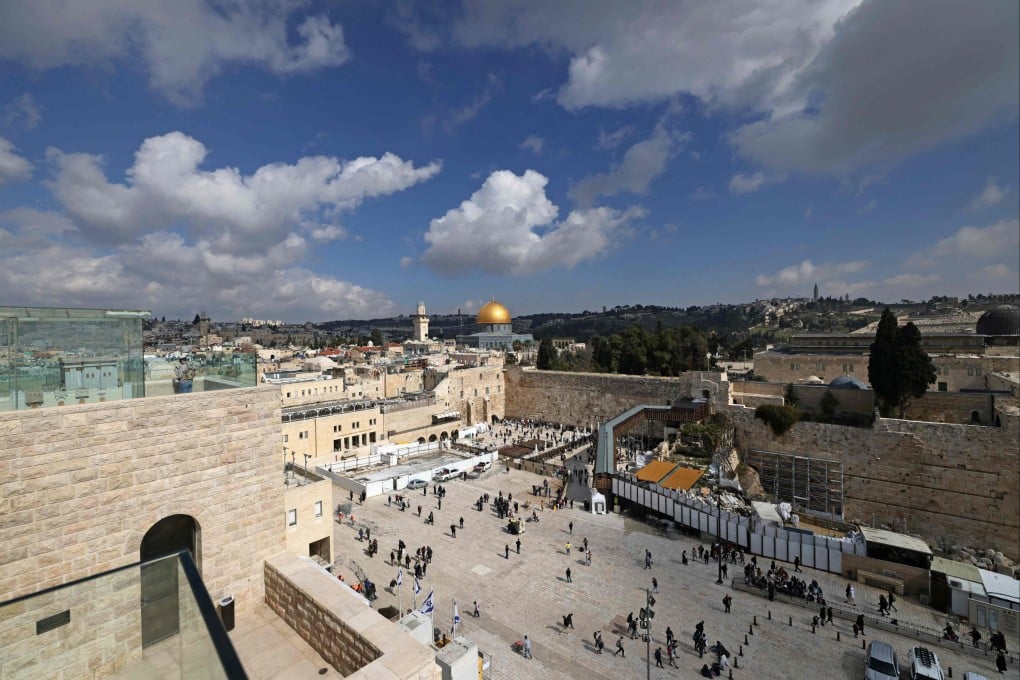West Bank faces ‘renewed, intense violence’ if Israeli PM Netanyahu’s hardline allies get their way
- Critics say ‘responsible adults’ have to hold back hardline ministers in Israel’s government or renewed violence could dent US efforts in Middle East
- Netanyahu’s extremist coalition partners are pressing him to approve Jewish rituals being conducted at Temple Mount in Jerusalem

If not prevented by “responsible adults” in the Israeli cabinet, analysts said a massive outbreak of violence could seriously damage Washington’s efforts to normalise relations between its allies in the Middle East.
Senior officials from the US, Israel, the Palestinian Authority, Egypt and Jordan met at the Red Sea resort of Aqaba on February 26 to agree on measures to prevent a further escalation of violence.
The meeting yielded a joint communique issued by the US State Department, which included an Israeli commitment “to stop discussion of any new settlement units for four months and to stop authorisation of any outposts for six months”.
But it was immediately disowned by the Israeli government, which is pressing ahead with plans to amend domestic laws to accelerate the expansion of Jewish settlements in the West Bank and East Jerusalem.
The same night, some 400 Israeli settlers sought vengeance for the killing of two brothers by rampaging through the West Bank Palestinian village of Hawara, killing one person, injuring dozens and setting scores of cars and homes on fire.